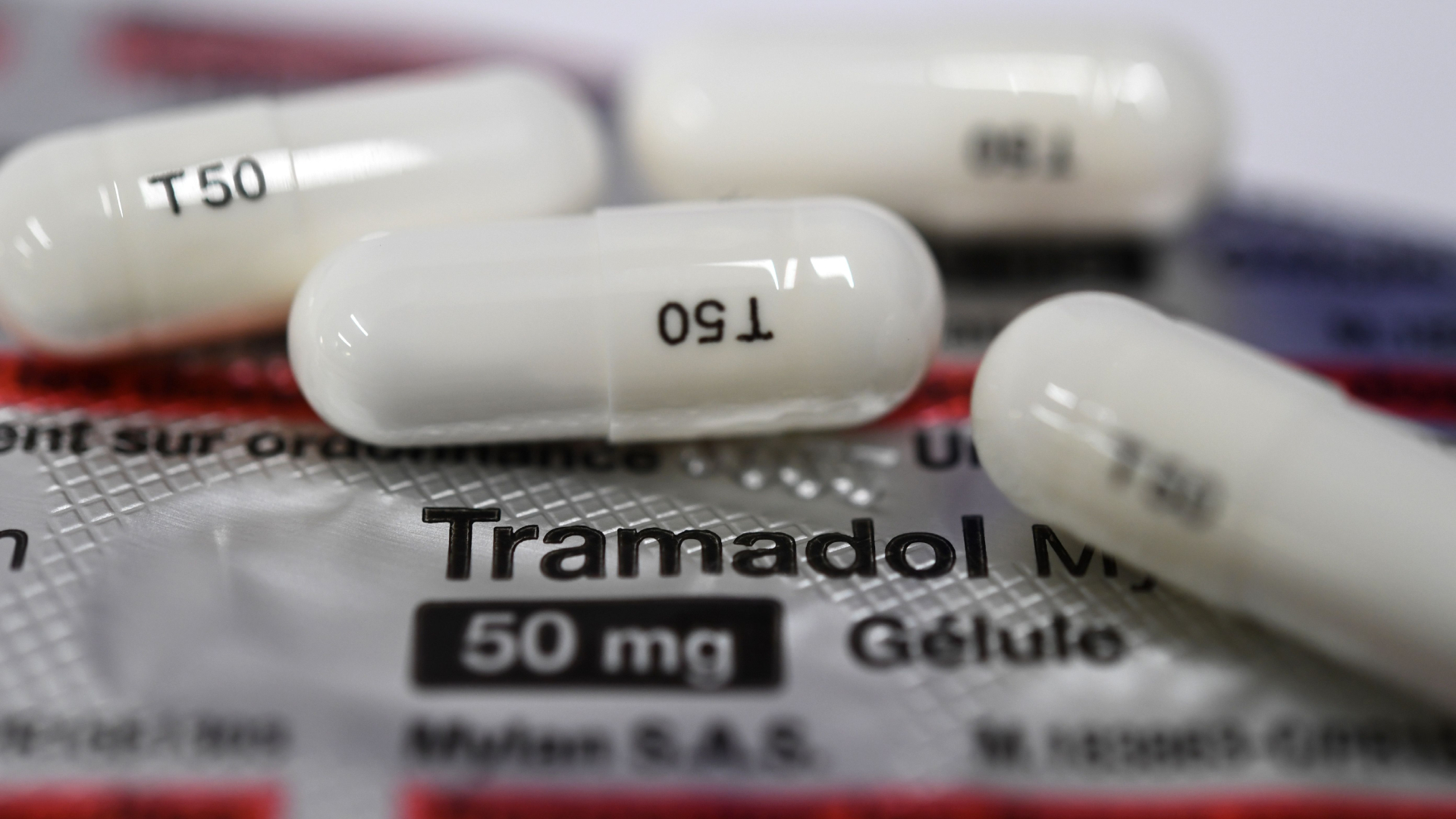Study finds WADA-legal drug is performance enhancing - and could lift cyclists into a medal position
Tramadol is currently permitted by the World Anti-Doping Agency but banned by the UCI - new study finds drug can deliver a 1.3% performance increase in ‘highly trained’ cyclists


The latest race content, interviews, features, reviews and expert buying guides, direct to your inbox!
You are now subscribed
Your newsletter sign-up was successful
Tramadol, the opiate painkiller which pro cyclists - including Nairo Quintana - have tested positive for in Grand Tours, has been found to increase time trial performance by 1.3% in “highly trained” cyclists.
Since March 2019 tramadol has been banned for in-competition use under the UCI’s Medical Rules, however, it is not currently on WADA’s Prohibited List.
Data from the World Anti-Doping Agency (WADA) Monitoring Programme suggests tramadol is used in several sports to reduce exertional pain and confer a performance advantage. Now, a study from researchers at the University of Kent provides further evidence to suggest that tramadol is a performance enhancing drug in time trials.
In this recent study, 21 cyclists with a “highly trained” level of fitness were first asked to complete a baseline test (identifying their V02max, peak power output and ‘gas exchange threshold’). Then, 3-14 days later, the cyclists were asked to perform two performance tests, one group after being given tramadol, and the other after being given a taste-matched placebo.
Participants who were given tramadol ingested 100 mg of soluble tramadol in the form of two 50 mg Zydol tablets.
The performance tests consisted of a 30-minute non-exhaustive fixed-intensity cycling task at a “heavy exercise intensity”, immediately followed by a competitive self-paced 25-mile time trial effort.
“In the current group of cyclists, the 1.3% faster time in the tramadol condition could confer a performance advantage sufficient to take a rider with a TT time in the third quartile, into a medalling position,” the study concluded.
The latest race content, interviews, features, reviews and expert buying guides, direct to your inbox!
Testing positive for tramadol does not currently constitute an anti-doping rule violation, but professional cyclists have been disqualified in recent Grand Tours in accordance with the UCI's medical regulations.
In 2022, Nairo Quintana was the first professional cyclist to be sanctioned for using tramadol in competition. The Colombian tested positive on two occasions for tramadol in last year’s Tour de France but was disqualified and stripped of his sixth place.
As recently as the 2023 Giro d’Italia, Alex Baudin (AG2R Citroën) was also disqualified from a Grand Tour after testing positive for tramadol on stage 17 of the Italian race.

I’ve been hooked on bikes ever since the age of 12 and my first lap of the Hillingdon Cycle Circuit in the bright yellow kit of the Hillingdon Slipstreamers. For a time, my cycling life centred around racing road and track.
But that’s since broadened to include multiday two-wheeled, one-sleeping-bag adventures over whatever terrain I happen to meet - with a two-week bikepacking trip from Budapest into the mountains of Slovakia being just the latest.
I still enjoy lining up on a start line, though, racing the British Gravel Championships and finding myself on the podium at the enduro-style gravel event, Gritfest in 2022.
Height: 177cm
Weight: 60–63kg